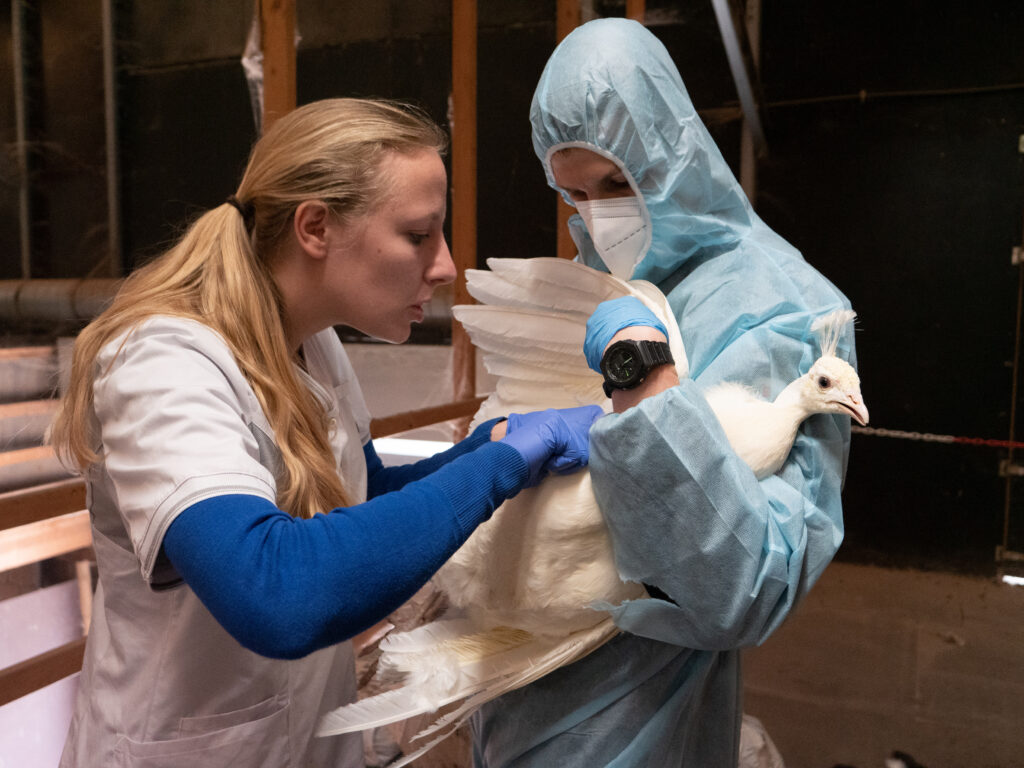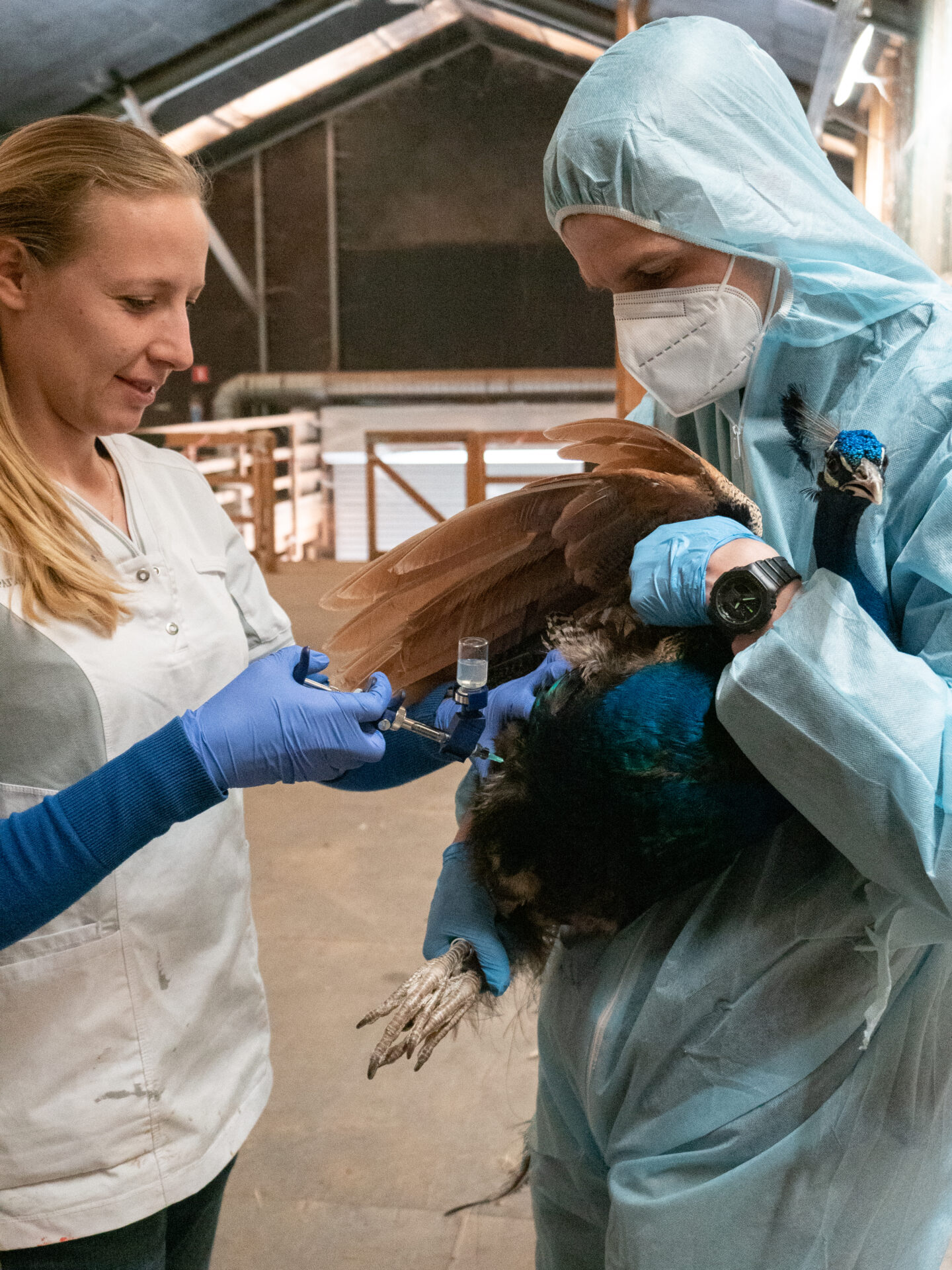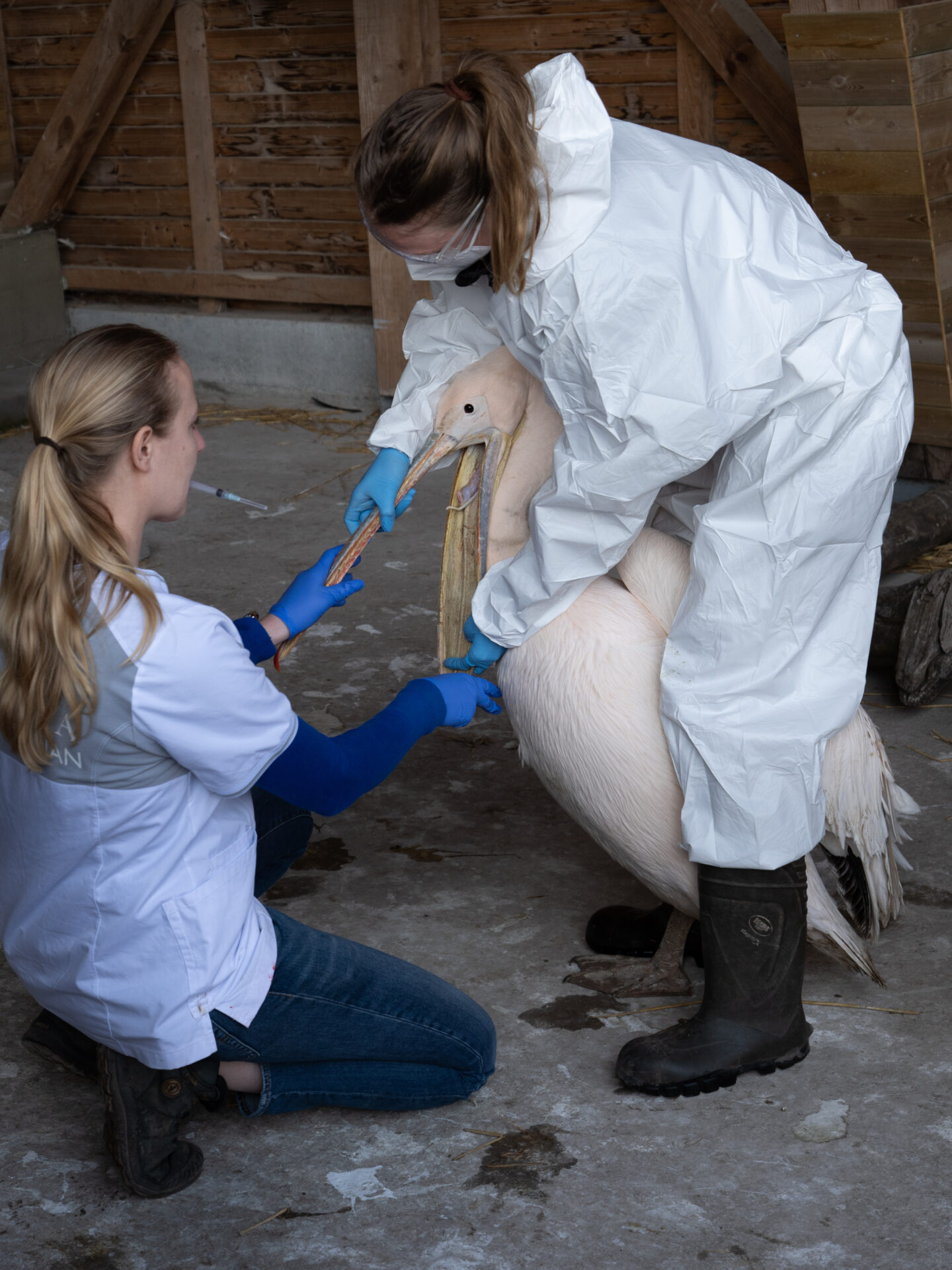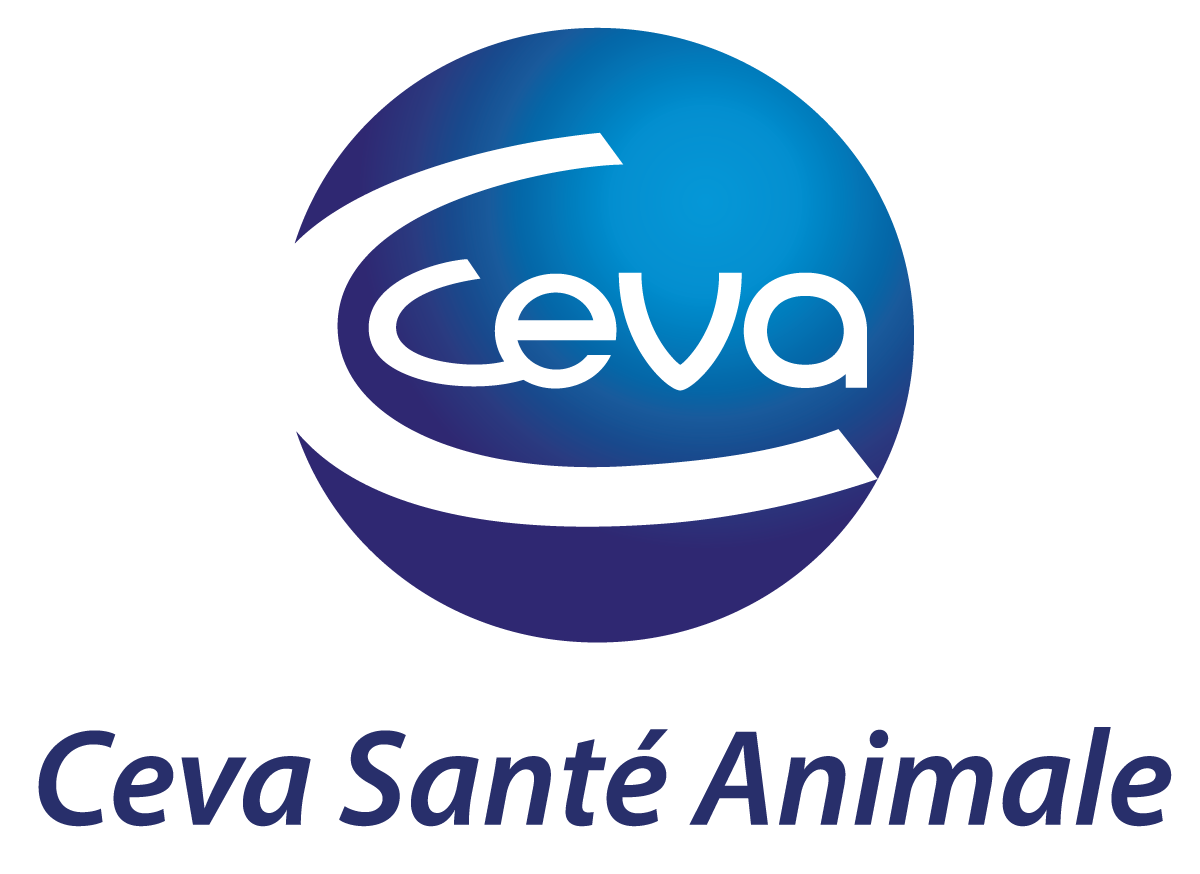Ceva Wildlife Research Fund supports the Belgian animal park Pairi Daiza in its fight against avian flu

Libourne, May 22, 2023 – A few weeks after its official launch, Ceva Wildlife Research Fund – an endowment fund created by Ceva Santé Animale, the world’s #5 animal health company present in more than 110 countries – announces a new project to protect the health of wildlife.
The research fund supports Pairi Daiza, awarded the best zoo in Europe, by financing a vaccination program against avian flu, which is widespread in Europe and around the world and therefore threatens the park’s captive birds.
Avian flu: a real threat to bird populations in animal parks as well
Since October 2021, Europe has been facing an outbreak of highly pathogenic avian influenza that is considered the most destructive it has ever experienced.
This epidemic caused by the H5N1 virus affects both poultry and wild birds, resulting in the death of several million birds and massive mortality in wild populations. This outbreak is affecting almost every continent, including Europe, Asia, the Americas, and, to a smaller extent, Africa.
Animal parks are also concerned about the risk of spreading avian flu in Europe: captive birds can be infected by the virus through direct or indirect contact with wild birds.
As explained by Sciensano, the Belgian public health institute, the highly pathogenic H5N1 avian influenza virus is now circulating in most countries of the world. By 2022, it was no longer seasonal, continuing to circulate during the summer in Europe, infecting seabird breeding colonies on the North Sea coast in particular.
“During the last winter, massive mortalities of Black-headed Gulls were observed in several European countries, including Belgium, leading to consequent mortalities in some of the raptors, known for their position at the top of the food pyramid. Because of its intense and continuous circulation, this virus can also infect birds in wildlife parks” – explains Bénédicte Lambrecht, Head of avian virology and immunology service – Sciensano

While Pairi Daiza experienced a case of avian flu in 2022, the animal park’s veterinarian was busy finding new solutions, in addition to the biosecurity measures already in place, with the protection and well-being of the birds that seem to be most at risk in the Park, such as the spectacled pelicans and wild peacocks, as a top priority.
“We contacted Sciensano, the national reference laboratory because we knew that new vaccines were being considered, given the unprecedented impact of this avian flu panzootic. We technically evaluated several options for the protection of our birds and decided to start with peacocks and pelicans, which seem to be more vulnerable. We opted for an innovative vaccine that is safe for our animals, which is the golden rule for us,” says Alicia Quievy, Pairi Daiza’s veterinarian.
After having obtained all the necessary authorizations from the Belgian authorities and the ethics committee of Pairi Daiza to implement the vaccination, a first injection took place on March 1st, then a second one on April 19th, and all the vaccinated birds are doing well so far.
Joint efforts to protect the health and welfare of vulnerable animals

This program to preserve the pelicans and peacocks of the Pairi Daiza park is a great example of concrete collaboration with a positive impact. Each part brings real added value to the protection of these precious animals: Ceva Wildlife Research Fund supports this project by financing the vaccination campaigns and by providing expertise and equipment. Sciensano contributes by ensuring the necessary serological and virological follow-up, as required by the Belgian authorities.
The pelicans and peacocks have responded very well to the vaccinations, which is encouraging for the future. We are happy to be able to actively participate in this new phase in the fight against avian influenza, which represents a major risk to the balance of ecosystems. This is the second program supported by Ceva Wildlife Research Fund, which aims to finance applied research projects on wild animals. We hope to continue to pave the way and convince new partners to contribute to the fund,” said Marc Prikazsky, president of Ceva Wildlife Research Fund.
